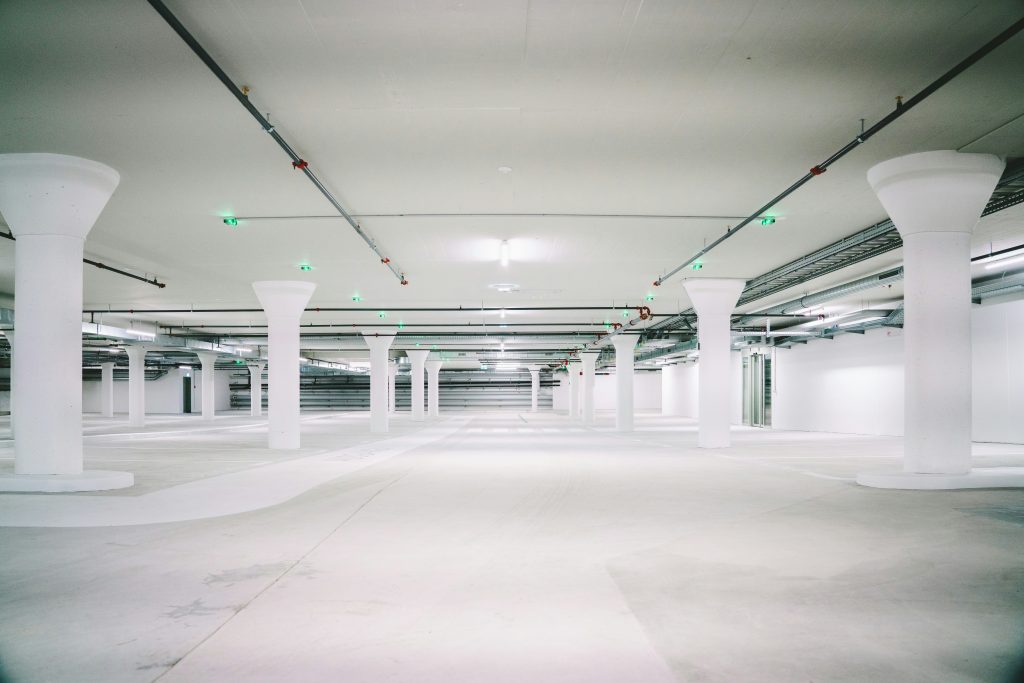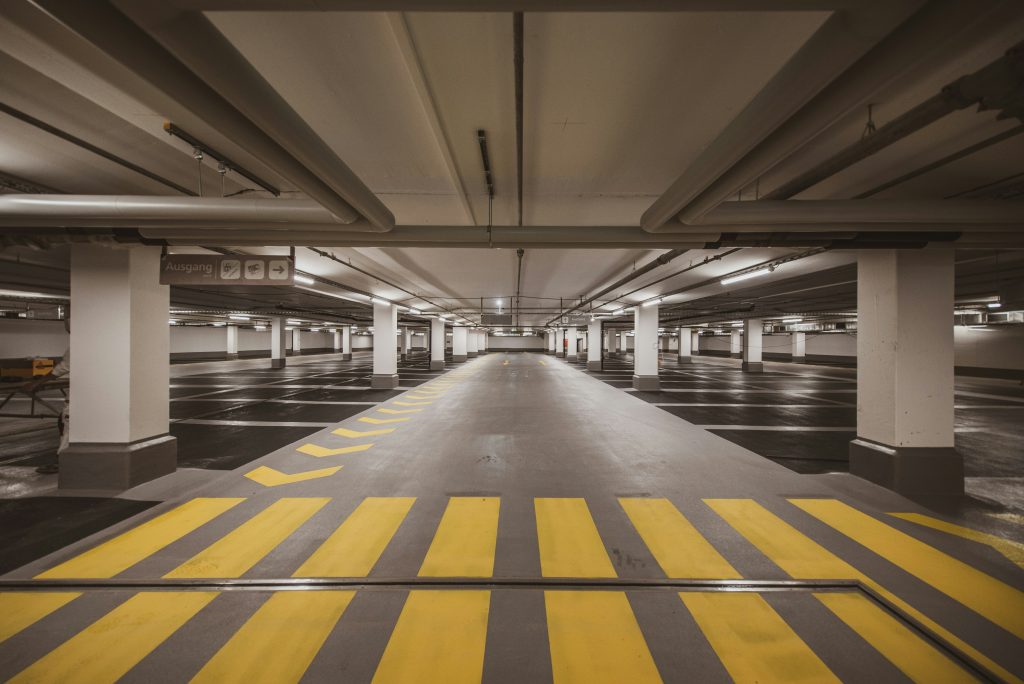As a real estate agent, I hear a lot of stories (both good and bad) about clients who have opted for a pre-construction home. Because of this, I’d like to share my take on the cons of buying pre-construction. Here is an honest look at the risks, as well as the advantages, to help you decide if it is the right choice for you.
You Could Be at the Mercy of Rising Material Costs
I want to start here because it is a very real problem today. The pandemic increased building material prices which can have a huge impact on a) how much you pay for a pre-construction home right now, and b) whether or not builders will even decide to break ground for pre-construction projects. Builders who have already sold their homes have two choices when material costs rise:
1. Eat the losses.
2. Cancel the build.
Increases in construction costs are a viable reason to cancel as the builder can no longer deliver the promised finished product at the original price. However, this scenario also allows builders to cancel in order to take advantage of rising housing prices. Some might choose to cancel the build and offer a similar project at greatly increased prices at a later date. This leaves buyers in the lurch. While reputable builders will most likely take the more honourable route, newer, less stable companies might not have as much flexibility, nor the capital to do so.
When Builders Cancel
Pre-construction sales agreements do provide a clause allowing builders to cancel for various reasons. Possible scenarios other than increased building costs might include poor sales for the project, the need for a redesign, or bank or investor financing falling through. While the clause provides a way out for builders, it leaves purchasers without a home. Although you do get your deposit back, you usually have to wait a while to see your money. On the plus side, in most cases you are entitled to interest on your deposit. On the negative side, housing prices have continued to rise, so you might not be able to afford a home today. That leaves you stuck renting.
The Deposit Conundrum
Many home buyers are drawn to the idea that newly built, pre-construction homes cost less. However, unlike a resale home where your down payment is based on a set percentage and the cost of your home, builders can ask for a larger deposit up front. Many use a structured payment schedule you pay over time which can be very misleading. In these cases you might pay 5% up front, then another 5% at the 30-day mark, then the 90, then the 120. So over time, you actually end up paying 20% in deposits. Some people use the periods between deposits to save money for each payment to make each deposit more manageable. However, you have to consider this when going the pre-construction route. On a more positive note, you also end up having more equity in the home when you move in. This could mean more profits should you decide to sell.
Buying “On Concept”
Many buyers love the idea they can customize their pre-construction home with their ideal finishes and upgrades. While this is definitely a positive, you also have to keep in mind you’re buying a home based on concept. You can’t touch the walls, walk up and down the stairs, lean on the banister or open and close closet doors to get a feel for the quality of construction. This can lead to disappointment, when the plans you saw up front are not quite up to the expected standards when you move in. Also, many pre-construction sales agreements allow builders to make major sweeping changes that can negatively impact the home. I have heard stories of condo owners moving into their homes to discover unexpected structural columns that make it impossible to position their furniture, or where the builder decided to omit a balcony. Therefore, buyers should always have a lawyer review the agreement before you sign on the dotted line.
Timing
While you can negotiate the timing for a closing date with a resale home, you are at the mercy of the builders’ schedule for pre-construction homes. On average you are looking at a year to three years or more for your home to be move-in ready. All kinds of delays can stretch your wait time, from bad weather to material shortages, and a shortage of skilled workers, to poor management. During this time so much can change in your life, from getting divorced to having a baby, and from losing your job to changing your mind about where you want to live. As time passes, that new home of yours might not suit your needs by the time it is completed.
Hidden Fees
Along with your costly deposit, you can also run into hidden fees when buying pre-construction. Grant you, there are also hidden costs for the novice home buyer when going resale, but you’ll have a real estate agent to guide you and discuss all of those costs up front. Your upgrades alone could end up costing tens of thousands of dollars if you aren’t careful. There are also things such as assignment clauses and development charges with pre-construction homes. Although your upgrades can be added to your mortgage, you might not be financially prepared for the additional monthly costs that weren’t accounted for when you purchased the home. So while the initial price tag might seem lower, the price you end up paying could be much higher.
HST is applicable on new construction and is a huge consideration. If you’re purchasing for personal use for you or an immediate family member for at least the first year, you will be entitled to the New Home Rebate (NHR). If you’re a Canadian or foreign investor you may qualify for the New Residential Rental Property Rebate (NRRP) if you can show the property is leased and not sold for at least a year. The HST must be paid up front but you can request a rebate with proof of lease. The rebates are capped at $30,000 in Ontario. Most builders will factor it into the purchase price as this allows them to market the property at a lower price, but you may see it as an additional charge as well. If it’s an additional charge, you’ll either be able to finance it through your mortgage or be responsible for cash at closing. It’s best to seek expert legal advice on the particulars of each purchase so you can keep track of all fees involved.






